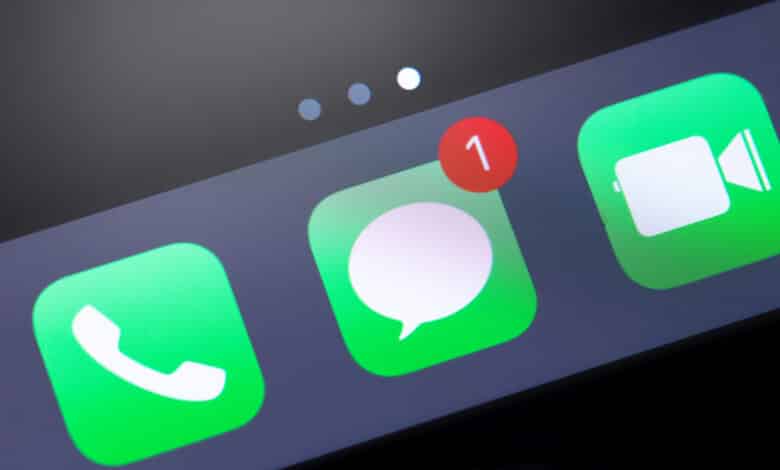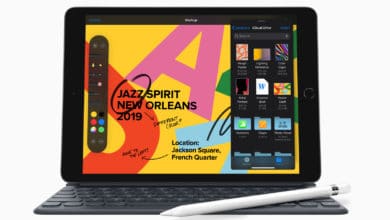
The Digital Markets Act (DMA) launched by the EU is intended to keep the market power of tech companies at a healthy level. Of course, this also includes Apple. For example, it was questionable for a long time whether the in-house messenger service iMessage would have to be opened up to the market in order to meet competition law requirements. It is now clear: iMessage will remain exclusive for Apple users.
Apple iMessage is not a gatekeeper service
Whether Apple had to open the door to iMessage to other companies depended on one key question. Is it a so-called gatekeeper service? This would have been the case if the messenger service deprived competitors of the opportunity to also successfully participate in the market. On Tuesday, the EU Commission officially answered the burning question after a lengthy evaluation of arguments. Apple iMessage is therefore not a gatekeeper service. This makes the messenger a real exotic in the ranks of Apple services. After all, the Commission has already determined in the recent past that not only Apple’s Safari browser can be classified as a gatekeeper.
On top of this, iOS, the entire operating system of the iPhone and iPad, has been designated as such a competition killer. The same applies to the Apple App Store. As iMessage is not a gatekeeper service in the sense of the DMA, there are no negative consequences for Apple. This means that the Californian tech company does not have to open up its in-house messenger to other companies. This is likely to be anything but pleasing for Meta’s well-known competitors. After all, their services in the form of Facebook Messenger and WhatsApp are considered gatekeepers within the meaning of the DMA. The large corporation must therefore let other companies have their way if they want to make their Messenger compatible.
- Also interesting: iPhone 15 and iPhone 14 comparison: the most important differences
DMA does not apply here
Whether a gatekeeper service exists is not only determined by the number of users. In this case, iMessage with its 45 million users would undoubtedly be relevant. Other framework conditions must also be taken into account by the Commission when it comes to classification. For example, the question of the type of user. If the messenger is also used to a not insignificant extent as a platform for establishing contact between companies and consumers, this is extremely important for the classification. The fact that this is virtually not the case with iMessage has always been the key argument put forward by Apple. The Commission may have proven the tech company right here.
Apple must open up from March
However, Apple can only speak of a small victory. As mentioned at the beginning, the EU Commission has its eye on some of the company’s services. The browser, operating system and Apple App Store will have to change in March of this year. The tech company from California is obliged to open up these services. In practice, this should mean that you will no longer only be able to use the Apple App Store as a source for new apps on your iPhone. Alternative marketplaces are also likely to find their way onto smartphones and tablets.




